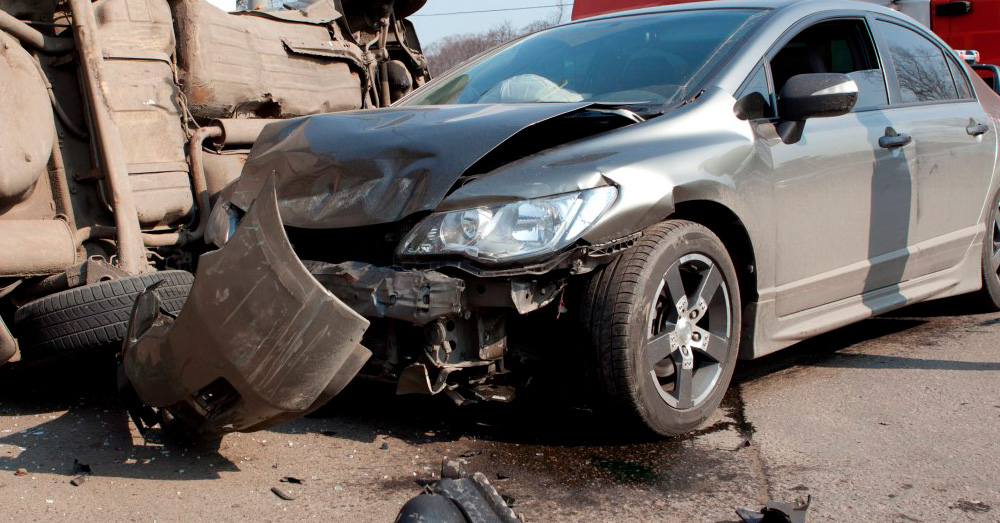In simple terms, if a car is a total loss, it means that the cost to fix it is higher compared to its true market value. If an insurance company finds that, it declares your car totaled. But how does it determine it? Well, they apply the rules set by the state that help them decide when a car should be considered totaled.
This law is called the Total Loss Threshold Illinois. Every state in the US uses one of the two main methods to decide on a total loss vehicle. Some of them apply the TLF formula, in which the repair cost and salvage value are added together and compared with the ACV. If the total is more than the actual cash value, the vehicle is a total loss.
Other states use a set percentage rule that has a specific percentage, and the repair cost should not exceed this predetermined figure.
Illinois uses the TLF, or total loss formula, like other states in the United States, such as California or Pennsylvania. This is about adding the cost of repairs and salvage value, and then comparing the result with the Actual Cash Value, also known as ACV. This is how the formula looks:
Repair Cost + Salvage Value ≥ Actual Cash Value (ACV)
If the total of the repair cost and the current value of your damaged vehicle equals or exceeds the actual cash value, then the insurance company will total it.
The insurance company gets some flexibility using this formula. It means that your car could be declared a totaled vehicle even if the repair cost is comparatively low of its value. Let us understand how the total loss formula (TLF) works with the help of an example: Let’s say,
Now use the TLF:
Repair cost ($6,000) + Salvage value ($4,500) = $10,500
The actual cash value was $10,000. And, we can see that the total of repair cost and salvage value is more ($10,500) than the ACV. It means that your car will be declared a total loss in Illinois.

Now you know how the Total Loss Threshold Illinois applies in real life, but you should also know about the process that an insurance company follows to title your car as totaled. These are the key steps:
Once the car is totaled, you will receive an offer from the insurance company that will include the settlement amount. This amount is based on the actual cash value of your vehicle. Now, you have the two main options:
If you find their offer appropriate, you can accept it and release the vehicle by signing over the title. Now, the insurance company has ownership of it.
If you want to keep the car, you can do it. However, the payment you will receive will be reduced. The company will deduct the salvage value from the amount. The next step is to apply for the salvage and rebuilt title if you plan to drive it again.
In this case, you are not obliged to accept their settlement offer. Instead, you can ask the right questions related to the calculation breakdown. Moreover, you can challenge their decision and negotiate a better settlement.
To find support in the negotiation, you can hire an independent appraiser from ADR Claims. Our adept appraisers can help make your argument stronger and get what you deserve. For more details, get in touch with our team directly!
You must be well aware of the fact that the insurance company will decide whether your car is totaled or not. If you do not understand the Illinois Total Loss Threshold, the risk of settling for a low payment and getting stuck in the claim process increases.
Knowing these rules helps protect your rights and gives you direction to negotiate the further process with confidence. It also saves you time and helps you handle paperwork correctly.
If you are dealing with a total loss automotive situation alone and want to seek trusted support, look no further than ADR-Claims! Our experienced and adept team will offer clear guidance at each step, whether you are looking for practical advice, assistance with paperwork, or a second opinion through the appraisal.
The ADR-Claims team will help you understand your rights and options to make the process less stressful. Do not hesitate to reach out to us. Call Now for more detailed assistance on our services!
Our quick and simple appraisal process can help you recoup vehicle-related losses.